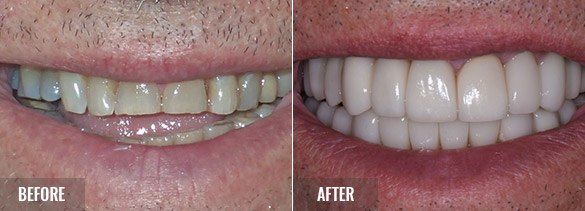What is Cardiovascular Disease?
Cardiovascular disease, also called heart disease, includes numerous problems, many of which are related to a process called atherosclerosis. Atherosclerosis is a condition that develops when a substance called plaque builds up in the walls of the arteries. This buildup narrows the arteries, making it harder for blood to flow through. If a blood clot forms, it can stop the blood flow, and this can cause a heart attack or stroke.
A heart attack occurs when the blood flow to a part of the heart is blocked by a blood clot. If this clot cuts off the blood flow completely, the part of the heart muscle supplied by that artery begins to die.
- Each year, heart disease kills more Americans than cancer.
- Cardiovascular disease is the number one cause of death and disability in the United States and most European countries.
How is heart disease related to your mouth?
Several theories exist to explain the link between periodontal disease and heart disease. Bacteria from the mouth can enter a person’s blood stream, migrating to vessels in the heart (coronary arteries) and attaching to fatty plaques, thus contributing to the formation of clots. Coronary artery disease occurs when fatty proteins accumulate, causing artery walls to thicken. A blood clot may restrict healthy blood flow, preventing the necessary amount of oxygen and nutrients from reaching the heart. This condition can lead to a heart attack.
Another possibility is that the inflammation caused by periodontal disease increases plaque buildup, which may contribute to swelling of the arteries. Research has found that individuals who have periodontal disease are nearly twice as likely to also have coronary artery disease.
Cardiovascular diseases include the following:
- Aneurysm
- Angina
- Atherosclerosis
- Cerebrovascular accident (stroke)
- Cerebrovascular disease
- Congestive heart failure
- Coronary artery disease
- Myocardial infarction (heart attack)
- Peripheral vascular disease
Treatment Options
Unlike many other chronic medical conditions, cardiovascular disease is treatable and reversible, even after a long history of disease.
Because periodontal disease can exacerbate existing heart conditions, patients at risk for infective endocarditis – inflammation of the inner lining of the heart -may require antibiotics prior to dental procedures. Your dentist and cardiologist will be able to determine if your heart condition requires use of antibiotics prior to dental procedures.











